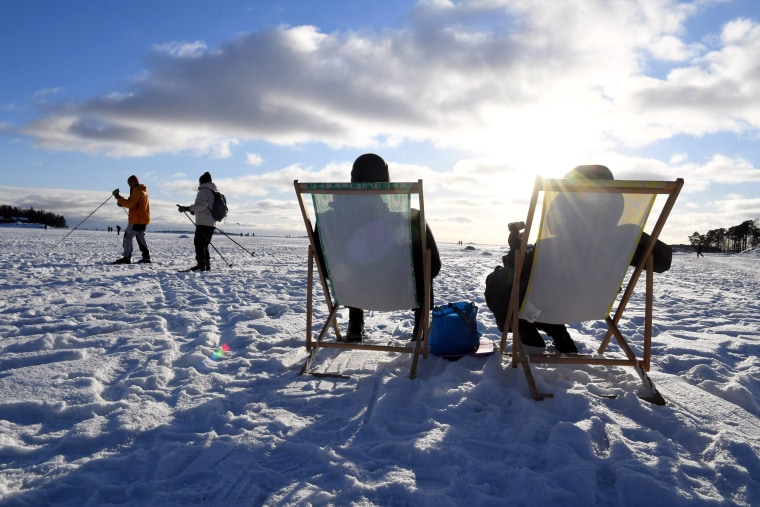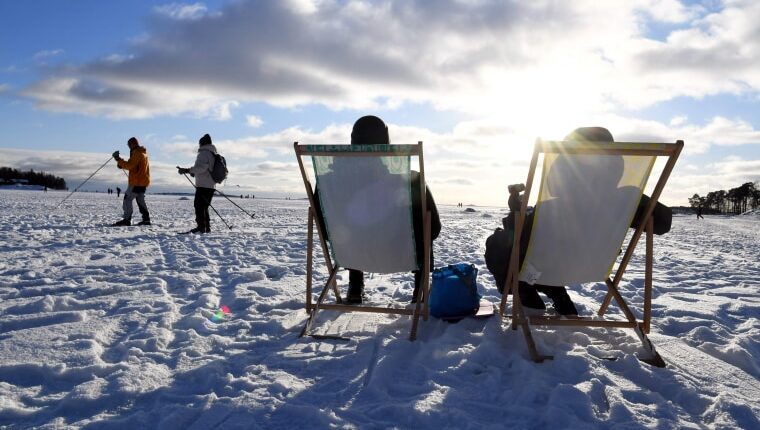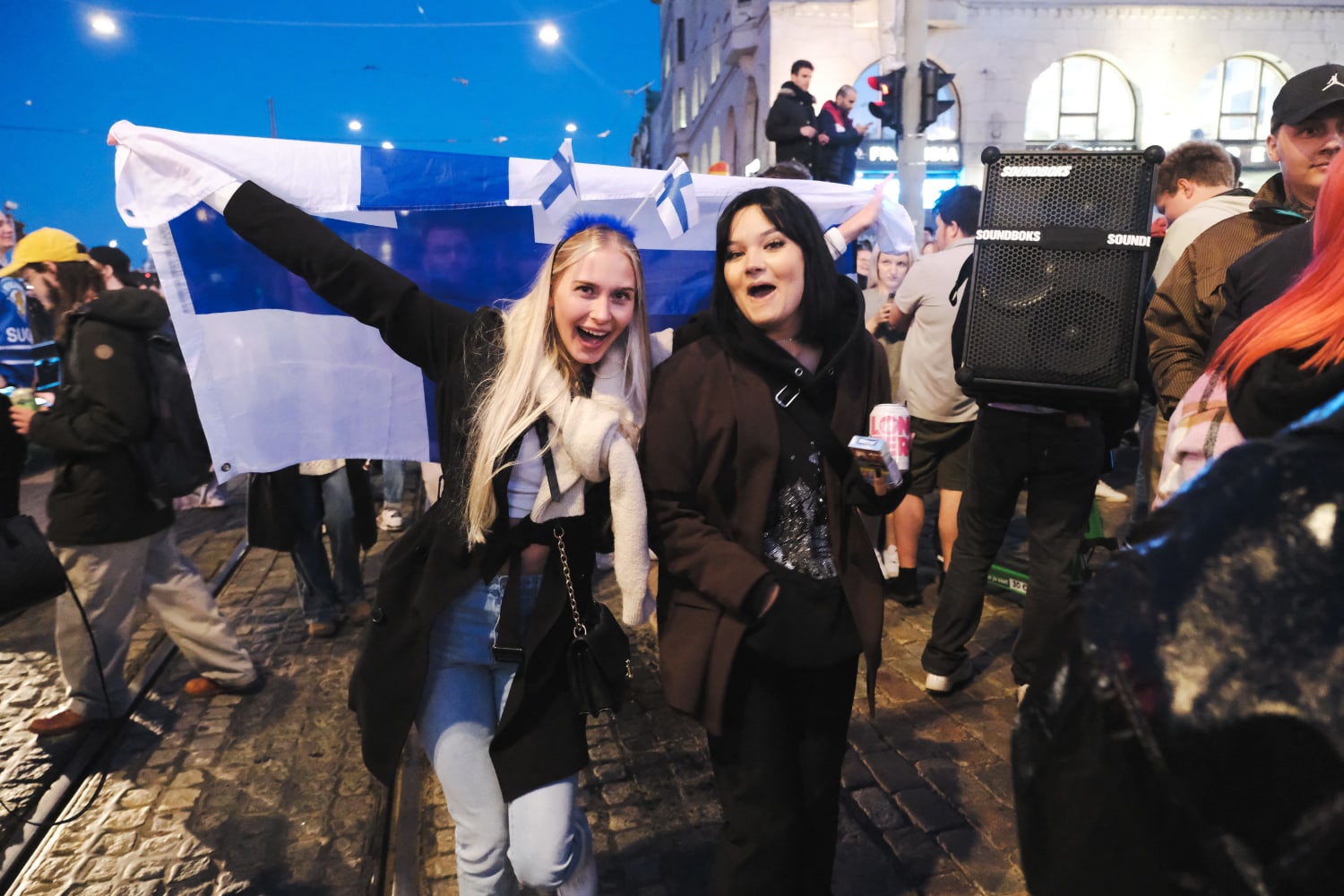This year’s report — published three years after the coronavirus pandemic began — surveyed some 137 countries, and found that there was a global surge of “benevolence” in 2020, particularly in 2021.
“Average happiness and our country rankings, for emotions as well as life evaluations, have been remarkably stable during the three Covid-19 years,” John Helliwell, one of the report’s authors, said in a statement Monday.
The measures of misery “fell slightly” during those years, the report said, adding that most populations around the world continued to be “remarkably resilient,” during the pandemic. Life satisfaction averages around the world were just as high between 2020 and last year as they were before that, it said.
In 2020 and 2021, countries trying to stop community transmission of the coronavirus had lower death rates and better well-being overall, the report added.
“Even during these difficult years, positive emotions have remained twice as prevalent as negative ones, and feelings of positive social support twice as strong as those of loneliness,” said Helliwell, a professor at the University of British Columbia.
The report was produced using six variables: gross domestic product per capita, social support, healthy life expectancy, freedom to make life choices, generosity, perception of corruption, dystopia, a benchmark for the world’s least happy countries.

But why is Finland so happy?
In the small country north of the Arctic Circle with a population of around 5.5 million, work commutes are usually quick, freeing up more time in the day for people to enjoy themselves, the report said.
It added that some have pointed to the Finnish concept of “sisu,” which describes the people’s stoicism, determination and resilience.
In the past, Finland has used previous wins to promote tourism, and its natural beauty, particularly its nightless phenomenon.
While many countries further south from the Northern Hemisphere struggle with dwindling daylight hours and vitamin D deficiency, from May to August, the sun does not set at all in Finland. Further south, the sun can be visible almost around the clock during June and July.
However, some academic research has pointed to a spike in suicide rates coinciding with the solstice.
Source: | This article originally belongs to Nbcnews.com










